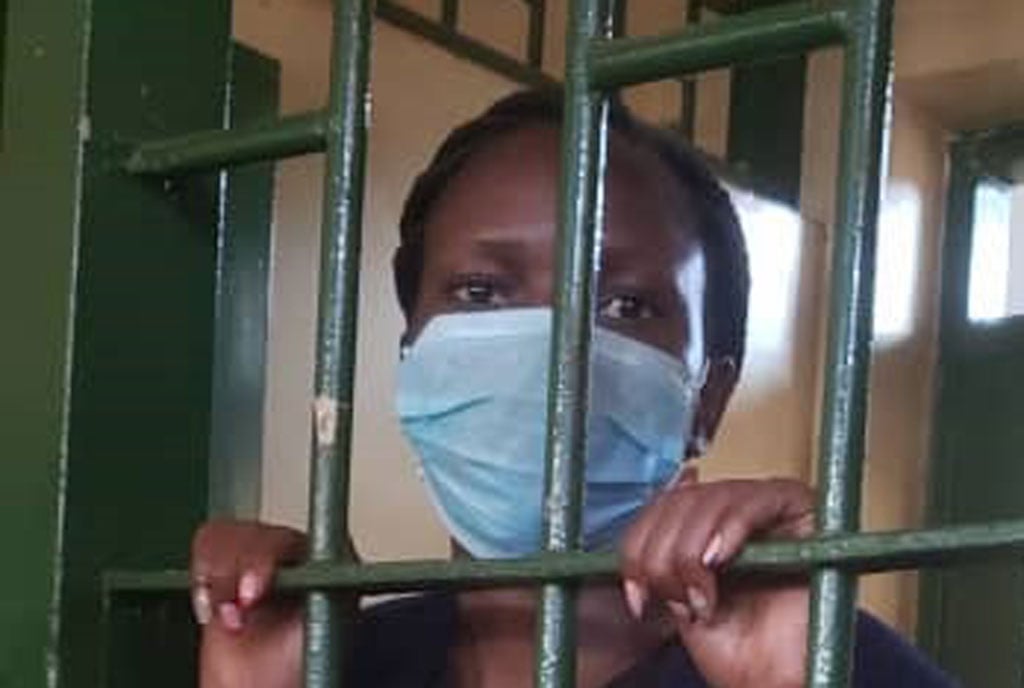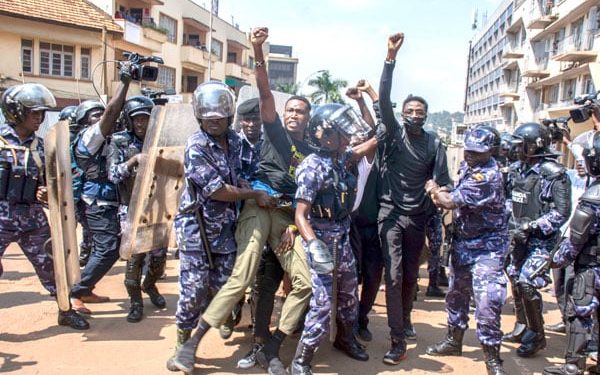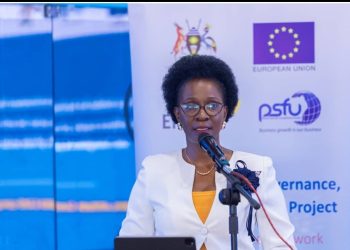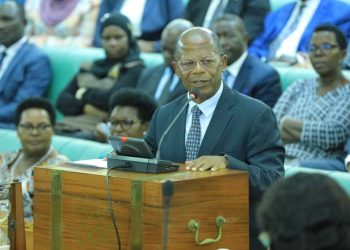Norah Kobusingye, 25, known for her calm demeanor, surprised family and friends by joining a protest against alleged corruption and excessive spending by Parliament.
Arrested during the July 23 march, Kobusingye and other youths faced harsh conditions and treatment, prompting reflection on the state of civil rights and government accountability.
The Protest and Arrest
On July 23, Kobusingye and seven other demonstrators were arrested near Parliament’s South Gate. Despite initially planning a solo protest, Kobusingye joined forces with fellow protesters on the day of the march.
Frustrated by high taxes and government corruption, she felt compelled to take action.
As the protesters chanted against the Speaker and Parliament, police intervened, arresting them and transporting them to Central Police Station (CPS) Kampala.
Kobusingye recalls a particularly distressing moment when a policeman grabbed her by the neck, threatening her. The officer only released her after intervention from other officers.

Detention and Prison Conditions
Following their arrest, Kobusingye and the others were charged with being a common nuisance and sent to Luzira Prison.
The experience in Luzira was harrowing, starting with a humiliating strip search. Despite being on her period, Kobusingye was forced to remove her underwear for inspection.
In Luzira, inmates follow a strict routine, with early wake-ups, crowded and unsanitary washrooms, and meager meals.
Free time is limited, often spent praying or doing nothing. Senior inmates, known as Katikkiros, hold significant power and can be abusive.
Kobusingye’s father visited her in prison, expressing concern and questioning her actions. His words made her reconsider the impact of her protest, describing prison as “hell” and vowing to think twice before participating in future demonstrations.
Legal Support and Release
Pro bono lawyers assured Kobusingye and the other protesters that they would be granted bail.
On July 31, they were released, with a court date set for September 5 to continue their cases. Kobusingye hopes for a favorable outcome and a chance to regain her freedom fully.
Prisons Authorities’ Response
Frank Baine, spokesperson for Uganda Prisons Service, defended the prison conditions and procedures, stating that searches are necessary for security.
He acknowledged congestion but emphasized operating within budget constraints.
Baine also highlighted the challenging nature of managing inmates convicted of serious crimes and advised Ugandans to avoid actions that could lead to imprisonment.

































































